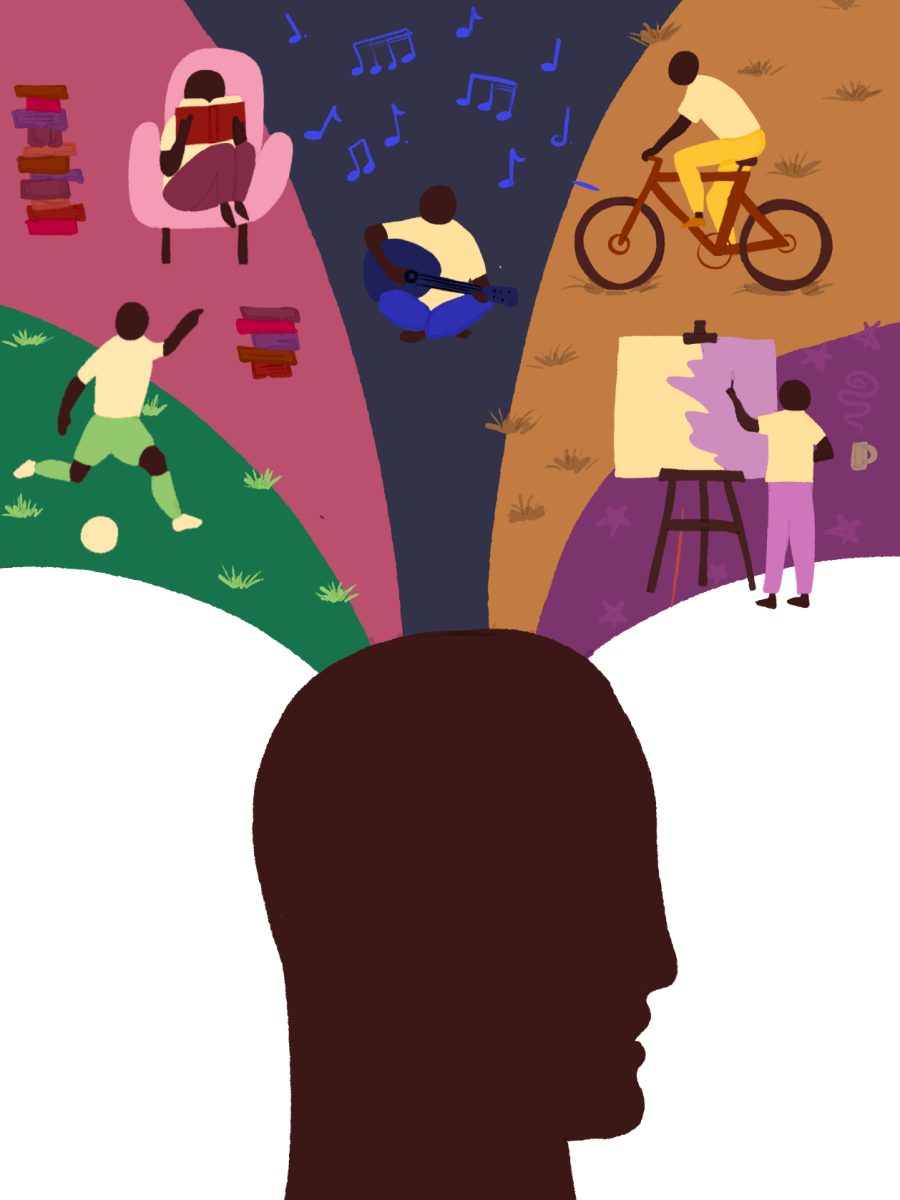Summer’s imminent arrival fills me with dread. Why? Research reveals that students lose a staggering 30 percent of their academic skills over summer breaks. That’s right — a third of the school year’s worth of hard-earned knowledge vanished into the hazy summer air.
Two-month summer breaks lead to significant learning loss — teachers devote an entire month at the beginning of each school year just to review old material.
According to Forbes, learning loss disproportionately affects low-income families who cannot afford summer learning experiences. This widens the achievement gap as these underprivileged students fall farther behind their peers.
While those in middle- and upper-class homes describe summer break as a fun-filled respite from the daily grind of classes, the end of the school year brings uncertainty for low-income students who rely on school lunches. According to a survey from 2011, only 7 percent of children from low-income families attend summer camp, while more than 40 percent of affluent children attend summer opportunities. Longer summer breaks only exacerbate income inequality even further.
To address these issues, we should shorten summer breaks and distribute them more evenly throughout the school year.
“If students have shorter breaks, they can still enjoy the benefits of having a break while still retaining what they just learned,” freshman Nona Brozell said. “Having more frequent, yet shorter, breaks also prevents burnout for students.”
The current school calendar crams the entire academic year into just nine months, with a two-and-a-half-month summer break. This condensed schedule creates intense periods of stress, bombarding students with back-to-back tests and rushed projects. Spreading academic instruction across 10 to 11 months could alleviate some of this pressure. With a more gradual pace, students would have more time to comprehend the material without facing the same level of stress.
Despite these benefits, many believe that a shortened summer break would have ramifications.
“An extended school year would tax students and teachers emotionally, physically and mentally,” physics teacher Yong Kim said. “And, longer school years make school seem like a never-ending cycle.”
Without a two-month summer break, students would lack an extended period to completely decompress and recharge from the stresses of the school year. Moreover, many students take advantage of two-month summer breaks as learning experiences.
“The two-month summers are a great chance for kids to do outside-of-school opportunities like internships, research and sports,” Kim said. “This also allows for families to go on longer vacations.”
While there are valid arguments for both sides, having shorter and more evenly distributed breaks would promote a healthier academic experience for students. Not only would this optimize learning retention, but it would also prevent burnout and allow for better-paced instruction.






